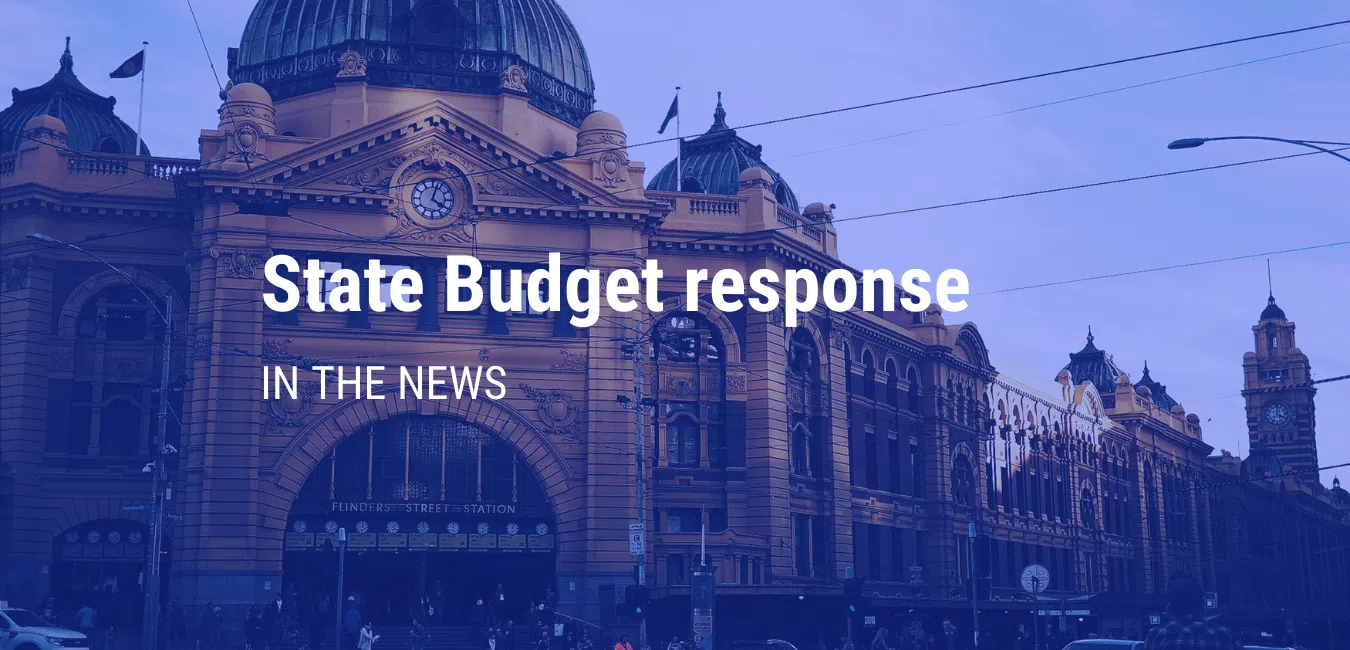
News, Sustainable Development Goals
Missing Out: The Business Case for Customer Diversity
UN Global Compact Network Australia | February 27, 2017
A new research report from the Australian Human Rights Commission and Deloitte, Missing out: The business case for customer diversity, highlights substantial rewards for Australian businesses, which incorporates the needs and wants of diverse customers into their products, services and approach.
The research, which was supported by Westpac, Qantas, QBE and SBS, involved a survey of over 1,200 individuals as well as focus group sessions. Key findings included:
- 1 in 2 valued respect but less than half believed customers were treated with respect regardless of personal characteristics; and
- 1 in 5 of all surveyed customers walked away from a transaction in the past year because they weren’t treated respectfully.
The report found that negative customer stories reveal a combination of overt stereotypes and unconscious biases, combined with a lack of awareness and/or focus, which create subtle (and, in some cases, not so subtle) acts of exclusion.
On the flip side, diverse customers who have had a positive customer experience are likely to notice, appreciate and retell that story to others. The report also showed benefits to businesses with reputations for supporting diversity, with half of those surveyed – LGBTI customers or those of noticeable faith – made purchases in the last year from organisations that supported gender and marriage quality, people with disability, older people and cultural diversity.
“Customers in the modern day are not homogenous and when organisations go out of their way to meet the needs of their diverse customers – whether they be women, identify as LGBTI or have a disability – the research shows that these organisations are rewarded with stalwart supporters who return for repeat business and actively campaign with their communities on behalf of that organisation.” Cindy Hook, CEO, Deloitte Australia
There has been growing focus on customer centricity in business. The research shows that bringing a diversity lens to this can both mitigate risks (by preventing the loss of customers and even being drawn in to mediations, with the Australian Human Rights Commission noting 28% of the complaints it receives allege discrimination in the provision of goods and services) and create opportunities to build customer.
In terms of implementation, the report suggests greater collaboration between ESG/sustainability, human resources and marketing resources teams (noting many of the latter teams have already undertaken significant diversity and inclusion work from an employee perspective). The report also offers a set of practical questions businesses can work through to step up their focus on customer diversity.
Access the report here.

